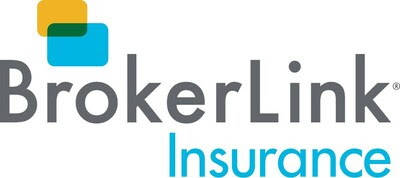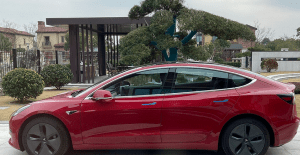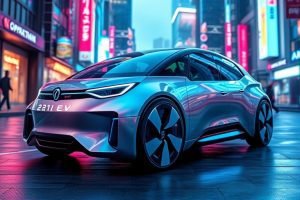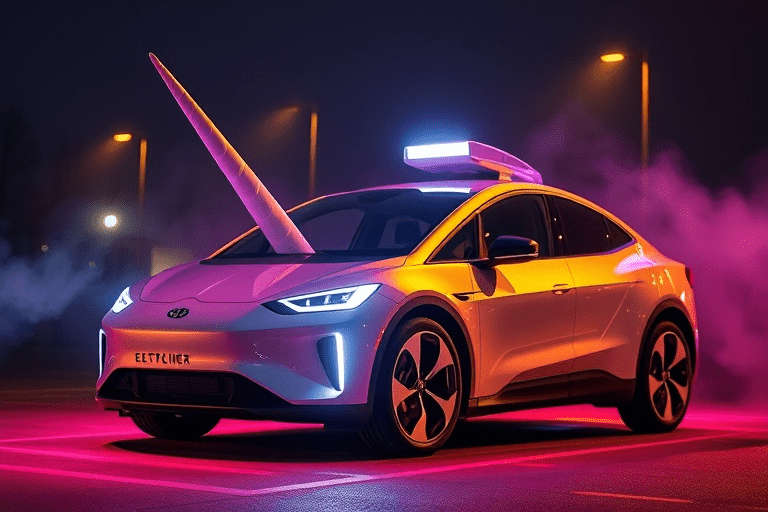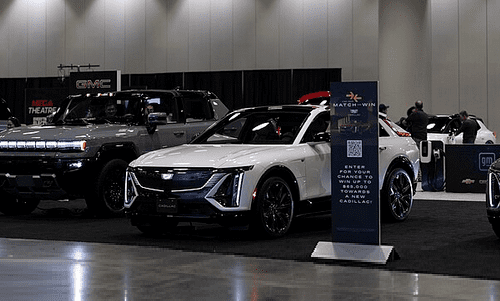- Only a quarter (24 per cent) of Canadians are currently familiar with EV auto insurance policies
- Availability of charging infrastructure (89 per cent) and range anxiety (84 per cent) are two of the top factors when it comes to switching from a gas car to an EV
- Eight in ten (82 per cent) Canadians believe the type of car they drive affects their insurance premiums more than whether it’s electric or gas-powered (56 per cent)
TORONTO, Oct. 12, 2023 /CNW/ – As the country gears up for the rise of electric vehicles (EV), many drivers have questions about how prepared Canada is to embrace this transformative technology. As it stands, Canadians seem to need more information about crucial aspects of EV ownership, such as infrastructure requirements and insurance implications, according to a 2023 Ipsos Canada survey commissioned by BrokerLink, a subsidiary of Intact Financial Corporation, and one of Canada’s largest property and casualty insurance brokerages.
The survey revealed that seven in ten (71 per cent) Canadians who own gas-powered vehicles are reluctant to give them up. Yet, six in ten (59 per cent) Canadians, who don’t currently have an EV, are excited to drive one in the future. Meanwhile, the same proportion (59 per cent) of Canadians say they will consider an EV for their next vehicle purchase and nearly two-thirds (64 per cent) of Canadians say they want to drive an EV for environmental reasons, including to reduce their carbon emissions.
“The survey findings suggest there are significant gaps in people’s understanding, regarding the adoption of EVs in Canada,” says Grant Clarke, Vice President, National Personal Insurance at BrokerLink. “As we move towards the EV era, we wanted to capture insights to better understand Canadians’ sentiment towards EVs, and gauge their knowledge around auto insurance policies for this vehicle type, which is why we commissioned the survey.”
In the survey, Canadians identified several concerns switching from gas vehicles to EV, indicating that more education and support is needed to empower them in their transition towards EVs.
| Response | NAT’L | BC | AB | SK/MB | ON | QC | AC |
| Expensive | 88 % | 85 % | 92 % | 96 % | 90 % | 80 % | 91 % |
| Challenges with charging | 85 % | 84 % | 89 % | 92 % | 86 % | 77 % | 90 % |
| Technology is too new (how do EVs perform in winter/summer, are auto technicians trained for repairs, cost of parts, etc.) | 81 % | 76 % | 85 % | 89 % | 83 % | 76 % | 86 % |
| Concerned that the cost/benefits aren’t there over the long run (gas savings, service repairs, insurance rates) | 81 % | 80 % | 86 % | 89 % | 86 % | 68 % | 85 % |
| Cost of insurance premiums on an EV | 78 % | 82 % | 82 % | 86 % | 79 % | 68 % | 94 % |
Additionally, when deciding to make the switch from a gasoline-powered to an EV, Canadians report the following as the top factors:
| Responses | NAT’L | BC | AB | SK/MB | ON | QC | AC |
| Availability of charging infrastructure | 89 % | 93 % | 90 % | 90 % | 91 % | 84 % | 92 % |
| Cost savings on fuel and maintenance | 87 % | 90 % | 86 % | 90 % | 90 % | 81 % | 88 % |
| Range anxiety (concerns about the driving range of EVs) | 84 % | 82 % | 86 % | 91 % | 87 % | 77 % | 90 % |
| Auto insurance implications | 84 % | 82 % | 86 % | 86 % | 87 % | 76 % | 89 % |
| Government incentives or rebates | 81 % | 84 % | 79 % | 80 % | 82 % | 76 % | 83 % |
According to the survey, only a quarter (24 per cent) of Canadians are currently familiar with EV auto insurance policies, while two in ten (20 per cent) don’t expect that an EV policy would have any specific benefits related to EVs. When asked about the features/benefits Canadians expect from EV auto insurance policy, the top three included:
- Coverage for battery-related repairs (60 per cent)
- Coverage for charging equipment or infrastructure (53 per cent)
- Additional coverage for specialized EV components (52 per cent)
- Lower insurance premiums compared to gasoline-powered cars (46 per cent)
Meanwhile, Canadians seem to be more concerned about the type of car they drive, with a notable percentage (82 per cent) believing that factors like SUV, compact, or sports car classifications have a more significant impact on their insurance premiums compared to whether the vehicle is electric or gas-powered (56 per cent). Safety features, including anti-theft devices, airbags, and all-wheel drive, also factor significantly (71 per cent) into their considerations when it comes to insurance premiums.
About the Survey
The BrokerLink survey was conducted by Ipsos Canada from August 1-4, 2023. A total of 2,000 surveys were self-completed online by Canadian adults (age 18+), represented in six different regions (British Columbia, Alberta, Saskatchewan/Manitoba, Ontario, Quebec and Atlantic Canada), of whom 1,728 currently own/lease a vehicle or plan to purchase one within the next year. Representative sample results are weighted to reflect the Canadian population. The precision of Ipsos online polls is measured using a credibility interval. In this case, the poll is accurate to within +/- 2.5 percentage points, 19 times out of 20, for the total sample of 2,000 Canadians and +/- 2.7 percentage points, 19 times out of 20, for the 1,728 Canadians who currently own/lease a vehicle or plan to purchase one within the next year. The credibility interval will be wider among subsets of the population represented. All sample surveys and polls may be subject to other sources of error, including, but not limited to, coverage error, and measurement error.
About BrokerLink
Brokerlink Inc. is a subsidiary of Intact Financial Corporation (TSX: IFC), a certified Kincentric 2022 Best Employer in Canada. For more information, visit BrokerLink.ca or follow them on Facebook, Instagram and LinkedIn.




